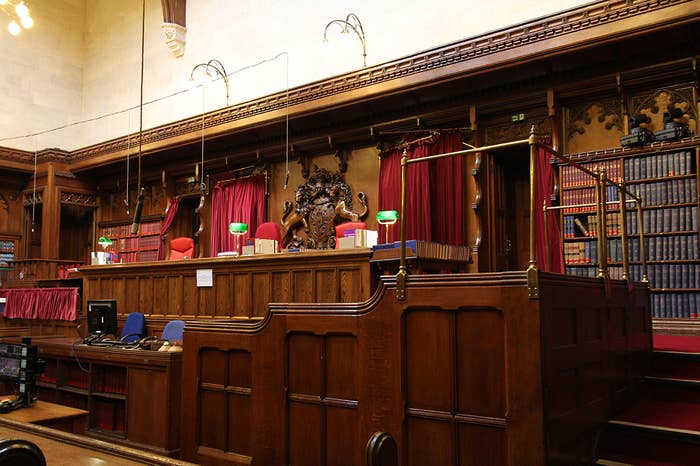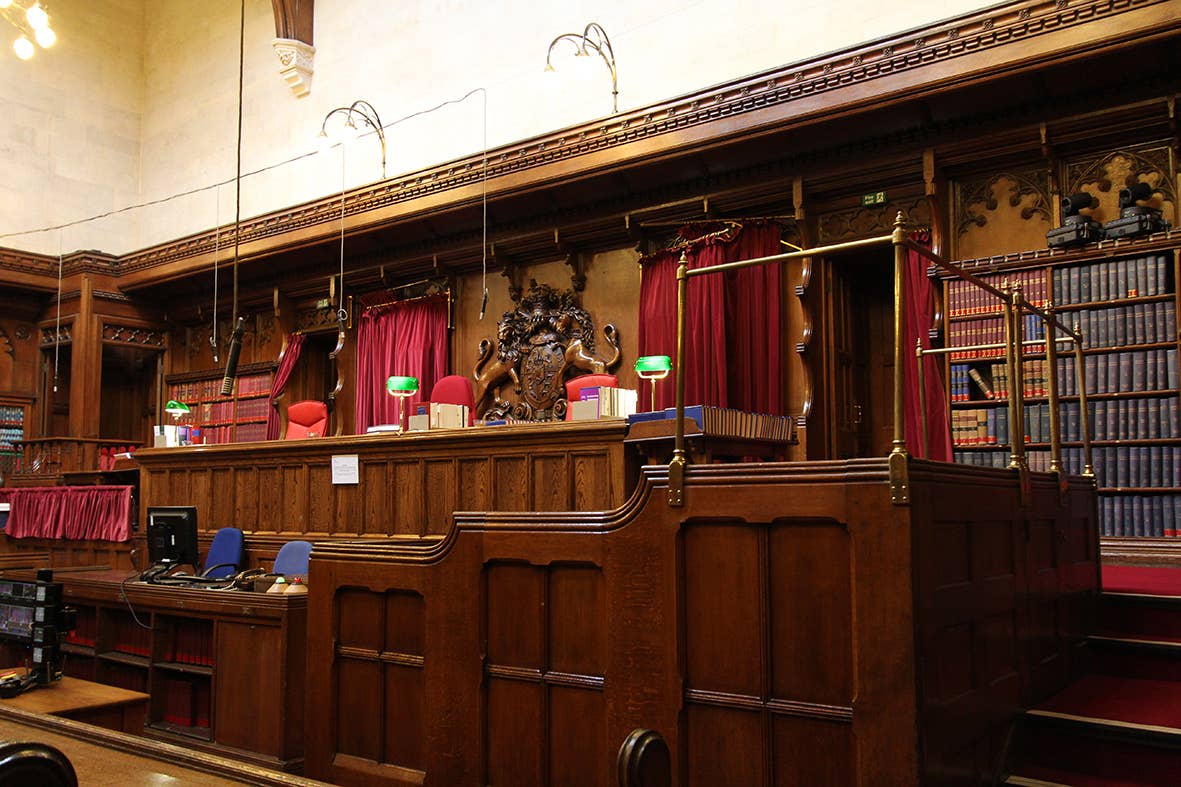
According to a new report by the BBC, drill music is increasingly finding its way into courtrooms around the UK. The report looked at 67 trials that took place across the UK from 2005 onwards, where road rap and UK drill were used in evidence.
Most of these cases were in the last two years, and many of them featured allegations of murder. The vast majority of the defendants in those cases were young Black men and boys. Only eight of the defendants were female and almost half were teenagers.
In a blog post for London School of Economics last year, Abenaa Owusu-Bempah, Assistant Professor of Law at LSE, wrote: "The case law shows that lyrics and music videos are used almost exclusively as evidence against Black young men and boys accused of serious offences in urban areas — usually London. This indicates a deliberate tactic, whereby prosecutors are able to draw on stereotypical narratives to construct case theories. In other words, prosecutors can use lyrics and videos to tell a story of a dangerous rapper that reflects longstanding stereotypes about Black males as criminals. In doing so, elements of Black youth culture are conflated with serious offending. We see this also in the link to gangs."
Dr. Eithne Quinn, an academic at the University of Manchester who has worked as a defence expert witness on almost 20 trials, set up the Prosecuting Rap research project to shed light on the dangers of using drill and rap as evidence. She worried about the use of drill as evidence and pointed out there's also the issue of using an art form as if it were a documentary.
Quinn also added that the shock and bravado of drill is part of the theatre of it. "It's out to shock. The music's meant to alienate parents," adding that, "it has no place in the courtroom."
In a blog post for Manchester University, Quinn elaborated on the subject: "When a police expert witness from the [Met Police's Drill Music Translation Cadre] took the stand in a recent case, he defined drill as: 'typically reflecting life on the streets', with lyrics that 'tend to be gritty, violent, realistic and nihilistic'. This realist frame can seem compelling within the evidentiary context of the courtroom. With defendants advised not to take the stand in their own cases, the danger is that the music comes to speak for the voiceless young people in the dock."
It seems the trend that saw the Met Police pressure YouTube into removing huge numbers of drill videos in 2016 and clamp down on what Digga D can and cannot say, has not abated.

